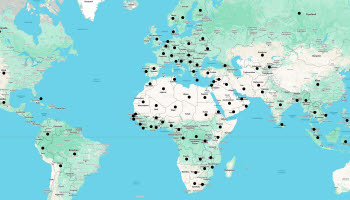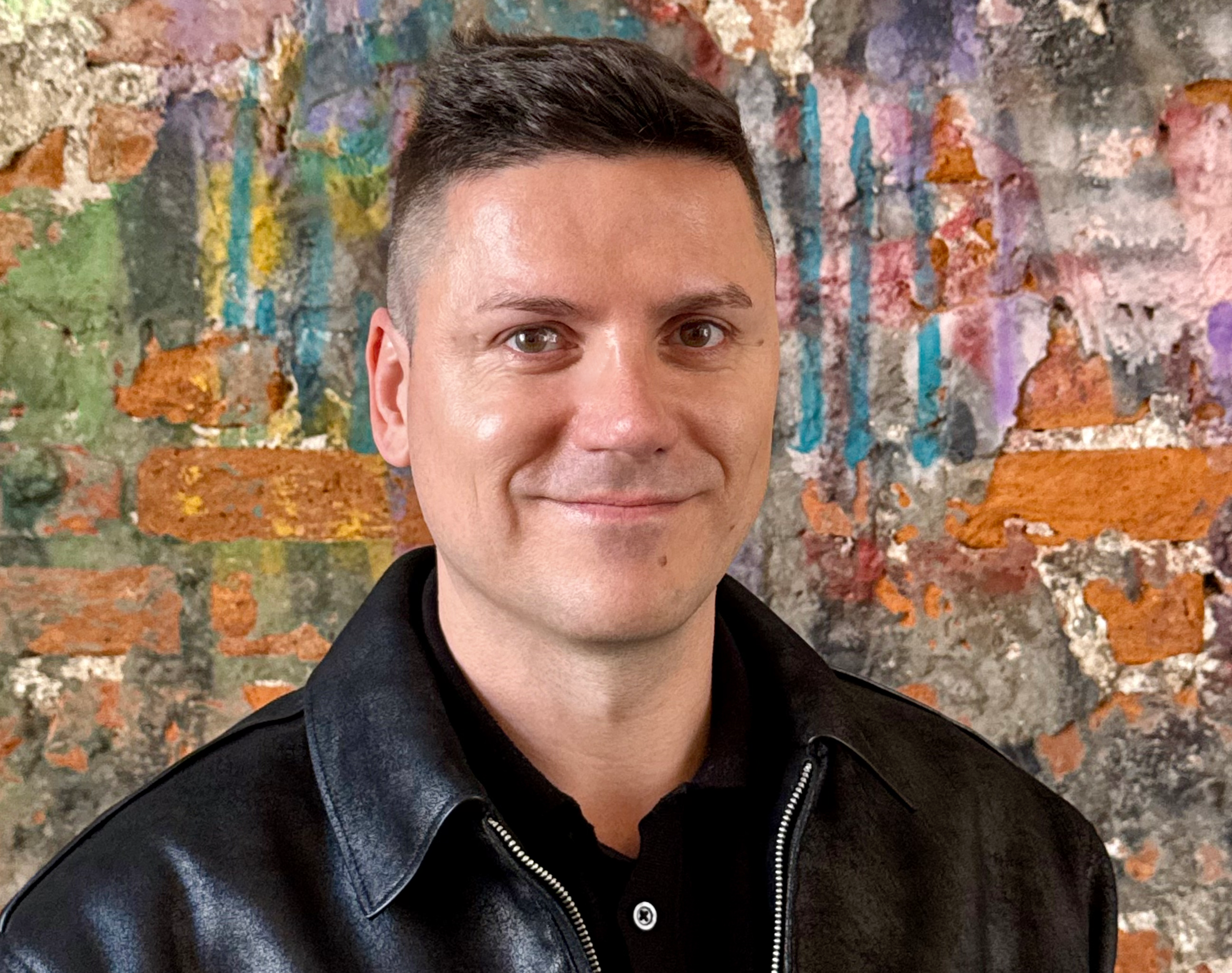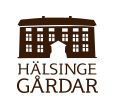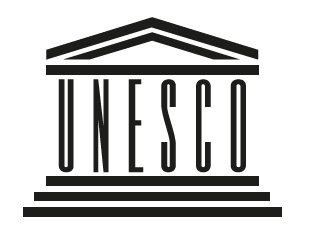Alejandro Radawski Awarded the 2025 World Heritage Scholarship
The Cultural and Competence Committee has decided to award the 2025 World Heritage Scholarship to Polish playwright and poet Alejandro Radawski. His poetic project connects the World Heritage Site Decorated Farmhouses of Hälsingland with the Historic Centre of Krakow – and was selected from among 993 applications from 100 countries.
– It’s fantastic that the World Heritage Scholarship sparks such curiosity. It weaves places together – Gävleborg reaches out to the World, and the World finds its way into Gävleborg, says Frida Stål (Moderate Party), Chair of the Cultural and Competence Committee.
As Region Gävleborg awards its international World Heritage Scholarship for the seventh year, interest has reached record levels. A total of 993 applications from 100 countries were submitted. But it was Polish playwright and poet Alejandro Radawski who caught the jury’s attention.

Click on the map to see it in larger size.
His project, Symphony of the Little Simple Things, is a poetic diary in which each poem reflects sensory experiences from two World Heritage Sites – the Decorated Farmhouses of Hälsingland in Sweden and the Historic Centre of Krakow in Poland. Through words, a journey is created that allows the reader to walk through the two cultural environments.
– That the scholarship has grown so much in seven years is fantastic – and also a challenge. Managing so many applications takes time as interest continues to grow, says Anna-Karin Ferm, Cultural and World Heritage Development Officer at Region Gävleborg.
The scholarship gives Alejandro the opportunity to stay at one of the World Heritage farmhouses for one month. He will also receive 50,000 SEK for his project, which is expected to result in a unique literary interpretation of two places with strong cultural histories.
“There is great interest in the World Heritage Site Decorated Farmhouses of Hälsingland all around the World. We naturally hope that the World Heritage Scholarship will gain even more international recognition going forward,” says Anna-Karin Ferm.
A Growing International Success
Since its inception, the World Heritage Scholarship has gained increasing international traction. The scholarship is open to professional artists, researchers, and cultural practitioners with a connection to World Heritage – regardless of where in the World they are based. The aim is to encourage innovative thinking and create unexpected encounters between World Heritage Sites, in line with UNESCO’s intentions.
Read more about The World Heritage Residence/Scholarship
Motivation
The Decorated Farmhouses of Hälsingland are seven out of nearly a thousand farms that were designated as a UNESCO World Heritage Site in 2012. As early as the 17th century, farmers in Hälsingland began building large houses and decorating lavish rooms for festivities. Over time, even more and larger buildings were constructed, culminating in the 19th century. At that point, a single farm could have up to fifteen decorated rooms, even though only a few were used daily. These ornate banquet halls, these grand festive houses, are completely unique. Nowhere else in the World have farmers built such large houses solely for celebration and adorned them so beautifully!
The World Heritage Site Historic Centre of Krakow, Poland’s former capital, was inscribed on UNESCO’s World Heritage List in 1978. The merchant city from the 13th century features Europe’s largest market square and many historical houses, palaces, and churches with magnificent interiors. The connection between these two World Heritage Sites should be viewed from a cultural, historical, and architectural perspective. The Hälsingland farmhouses reflect the rich history of the Swedish countryside, where wood and painted ornamentation served not only as protection but also as symbols of local identity and rural community. Krakow, on the other hand, maintains a strong link to its medieval and Renaissance history through its historical buildings. The relationship to the landscape is also vital in both Hälsingland and Krakow. The farmhouses in Hälsingland are tied to the surrounding nature, while Krakow lies near rivers and hills, which has influenced both heritage sites. The link between the two locations lies in how their traditions and cultural values reflect their respective regions’ histories, as well as in the preservation and understanding of these World Heritage Sites.
In the artistic project “Symphony of the Little Simple Things,” playwright and poet Alejandro Radawski connects the World Heritage Site Decorated Farmhouses of Hälsingland with the Polish World Heritage Site Historic Centre of Krakow by creating a poetic diary, where each poem reflects sensory experiences with the intention that readers, through poetry, can “visit” the Hälsingland farmhouses and the historic sites of Krakow as if they were walking through both World Heritage Sites, thereby experiencing the atmosphere of these places.
Alejandro Radawski is a Polish playwright, poet, writer, and theatre director who lives and works in Krakow. He currently works as a playwright and director at the Polish national theatre “Stary Teatr” in Krakow. Radawski is educated in both performing arts and journalism at the National University of Arts in Poland and in Buenos Aires. Since 2015, he has also been teaching dramaturgy and acting at the Cervantes Institute in Krakow.
Alejandro Radawski is awarded the 2025 World Heritage Scholarship/Residency for the project “Symphony of the Little Simple Things” for using the magic of poetry to unite the World Heritage Sites Decorated Farmhouses of Hälsingland and the Historic Centre of Krakow, thereby building a poetic bridge from one World Heritage Site to another.
About Alejandro Radawski

Alejandro Radawski is a Polish playwright, poet, writer and theater director who lives and works in Krakow. He was born in 1983 and now works as a playwright and director at the Polish National Theater "Stary Teatr" in Krakow, as well as a dramaturgy and acting teacher at the Cervantes Institute in Krakow. Radawski has worked internationally in Argentina, Italy and Estonia, among others. He is educated in performing arts as well as in journalism at the National University of Arts in Poland and in Buenos Aires.


